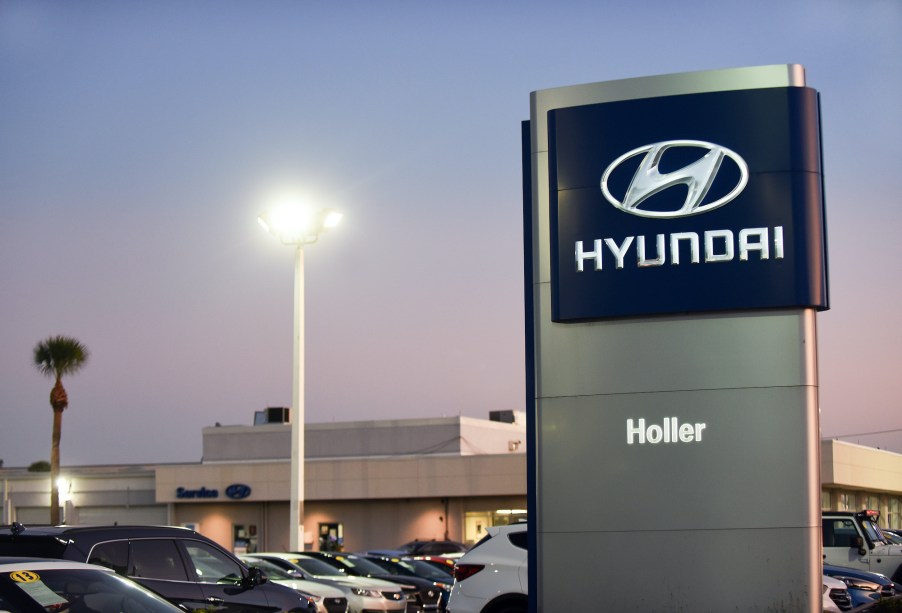
U.S. Auto Sales Slipped in November and It’s Not Just the Coronavirus That’s to Blame
Automakers are beginning to report their November auto sales numbers. While the news definitely should not come as a surprise at this point, so far, the numbers seem to support earlier predictions of reduced retail sales in November. What’s to blame for the dip in auto sales, you might be asking? The coronavirus pandemic, for one. It certainly doesn’t help that November had fewer selling days too.

What J.D. Power’s data has to say about auto sales these days
On March 13, President Trump declared a state of emergency as a result of the coronavirus pandemic. Between lockdown orders and stringent restrictions surrounding large gatherings, automakers did what they could to stay afloat. According to U.S. News & World Report, many introduced programs designed to generate sales and support car shoppers who might have trouble making their monthly car payments.
Weeks later, J.D. Power reported that new car sales in April were off by 45% when compared to 2019 auto sales. Their research also showed that 445,600 fewer new cars were sold in April in comparison to their sales forecast. While auto sales were on the rise in the summer, for November 2020, J.D. Power reported a 14.6% decrease in auto sales from November 2019’s numbers.
It’s not just the pandemic that’s put a damper on auto sales
Though, it’s not all bad news. As it turns out, November 2020 contains three fewer selling days than November 2019. November 2020 also had one less selling weekend when compared with November 2019. When adjusted for selling days, J.D. Power says new auto sales for November 2020 are projected to reach 1,208,100 units, marking only a 3.5% decrease from November 2019.
“November 2020 is a prime example of why accounting for selling day differences is important in measuring comparable sales performance,” Thomas King, president of the data and analytics division at J.D. Power, said in a note. “After two consecutive months of year-over-year retail sales gains, a quirk in the November sales calendar will result in new-vehicle retail sales appearing to fall 12 percent.”
Here’s how these automakers fared last month
According to Autoblog, the best auto sales numbers so far have come out of Volvo. Autoblog reports that Volvo managed a 20% bump in November auto sales when compared to 2019. Toyota didn’t fare so badly either, with sales dipping just 1%. Lexus, on the other hand, saw a 7% decrease in auto sales, according to Automotive News.
As for other automakers? According to Automotive News, American Honda and Ford both experienced a 20% dip in auto sales in November. Automakers like Mazda, Subaru, and Hyundai Motor America all saw more than a 10% decline in auto sales too. As for Kia? Automotive News says it was down 5% last month.
Does this mean it’s a good time to buy a new car?
According to Kelley Blue Book, November’s auto sales numbers may not be good news for automakers but they might be good news for you. Why is that? Because, according to Kelley Blue Book, these auto sales numbers give shoppers some pretty good leverage when it comes to negotiating prices. So, if you’re considering buying a new car anytime soon, now might be a good time to get on it.



